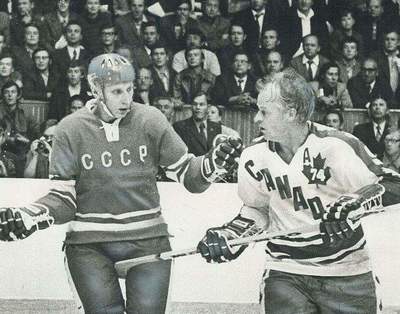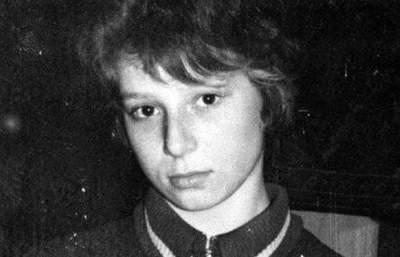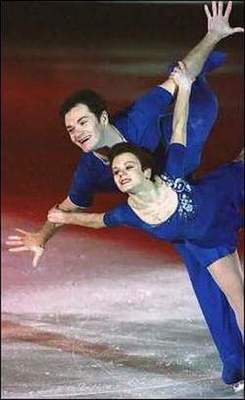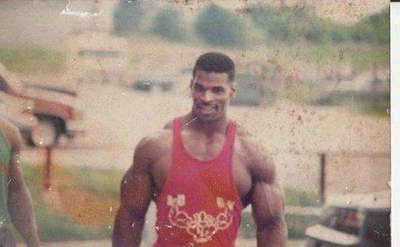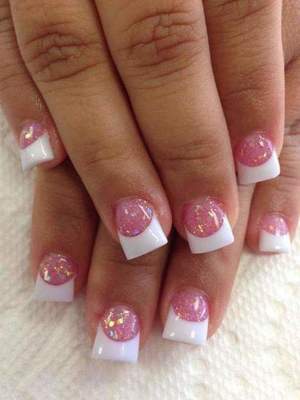Internet Etiquette: Why do we need huskies?
Like, plus class, thumbs up - as it is not obzovu in any social network, Like still remains Like, even if it is not displayed as the thumb (as in the classic design of Facebook, where he came), and in as green numbers, arrows, or hearts. Number of likes under our pictures, thoughts and messages can lift our mood and self-esteem, but from a psychological point of view it's not so easy. American researchers have gone a long way from European and engaged in the study of the phenomenon of likes for the past four years. They found a lot of interesting details relating to the approval of the social networks.
The essence of Laika
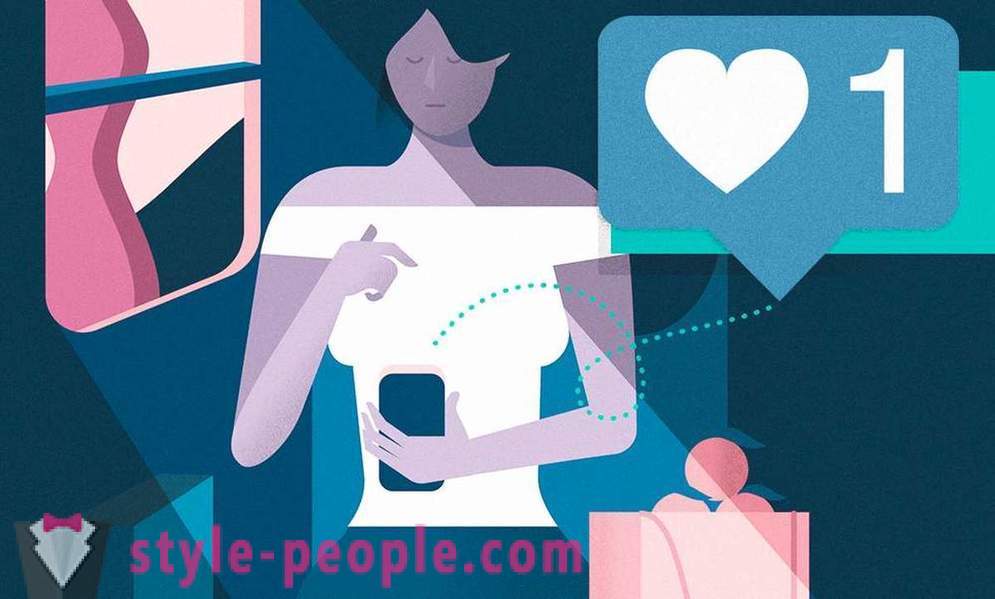
Durable term "Like" entered the modern Russian language appeared on the advanced world space thanks to Facebook, but here he became known for VKontakte network. Then, the usual term is passed and other social sites on Twitter and Instagrama to YouTube, so it's hard to imagine a time when people could briefly express their opinion on the Internet of information units (photo, message, post, text, and so on) . Prior to that, a plus sign (and cons, too!) Were widely used only in the discussion forums, where they were not so much in support of this or that post, as in "karma" and shared activity points to the author.
Facebook originally assumed Like will only serve to send a message to the author of the post that you support him. He served for a quick transition to the desired favorite content (by analogy with the addition of "favorites") and for a friendly pat, which symbolized the positive feedback. Over time, the concept has expanded somewhat husky. Laykat was appropriate not just post that you want to give a positive relationship, but also in general to express this solidarity action with the main idea, supporting the main ideas and general support for a virtual author's personality. It was a manifestation of empathy in the virtual universe as intonation, gestures and touches on the Internet do not work.
In addition, a few Like "monetize." Sometimes literally - online media, large channels and groups live off the likes and show them a number of influential. Sometimes metaphorically - in the world of personal communication Like was the currency of social capital. The more likes you are distributing, the more you get.
Interestingly, the Like and get it - are two completely different significance for action. Huskies are often placed under the influence of siyusekundnoy sympathy and only the older generation gives them great importance at this moment, giving them sparingly. But getting husky perceived those who received it as an expression of gratitude and affection in long-term operation.
The results of research
Basic psychological and sociological research on the phenomenon likes conducted in the United States. So in 2014 in the study of influence of the Internet on the formation of psychological disorders were curious figures. The researchers asked the active users of the global network of all ages, how often they use daily huskies in various social networks. The results are quite revealing: people of all ages use the husky one way or another, but the older the person, the less it gives them. The percentage of users who use huskies several times for access to online:
People born in 1946-1964 - 24%;
People born in 1965-1981 - 32%;
People born in 1982-1991 - 45%;
People born in 1992-1999 - 52%;
People born after 2000 - 71%.
However, these same studies claim that the younger a person is, the more often he sits on the network. So the tighter we grow together with the World Wide Web, the more likes outstanding.
Yet another important studies conducted the American Psychological Association. She studied mutual empathy in real life and virtual life in empathy (which is partly but not fully expressed in the husky). It was found that the more a person takes a virtual empathy, the less he shows it in everyday life. Ie rich internet communication devalues live the emotions and the possibility of their existence.
The psychological impact of the
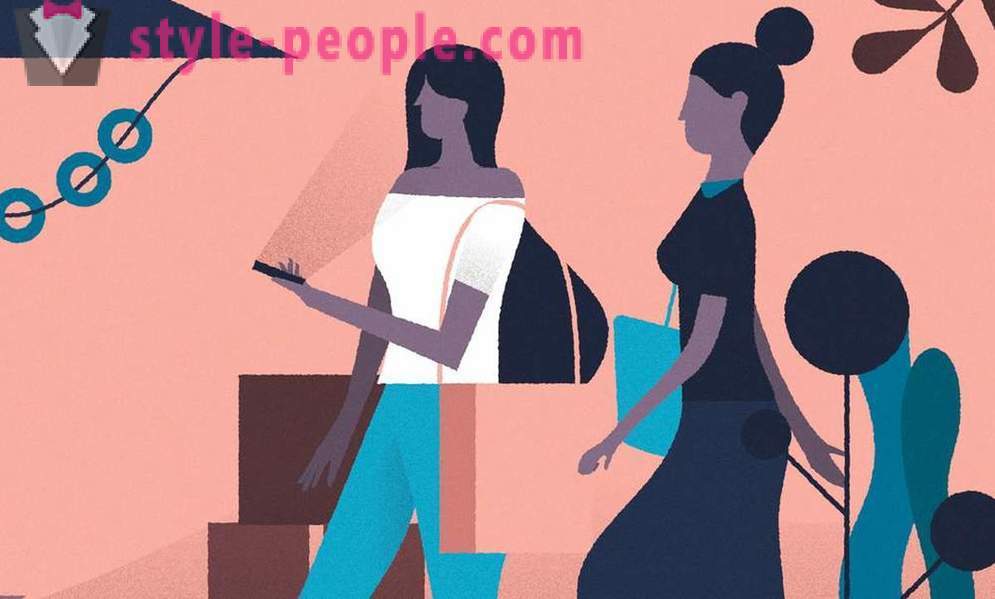
The more we laykaem others and comment on their content, the higher our social capital. However, this social capital works only on relations with strangers. The closer to our people that we put Like, the more damage it inflicts zaplyusovyvanie messages and photos. In a personal communication with important for us human beings need to write personal comments from real emotions, rather than replace them faceless huskies. That this will be the golden rule ethical internet etiquette: laykay those who liked it, but far away, write to those who like near you.
Mild euphoria of receiving a large number of likes does appear in the majority of users, but its effect is short-lived. Then comes the emotional emptiness and a feeling of loneliness, because in the long term, huskies do not carry the emotional message. Many researchers believe that the habit to put huskies instead of verbal approval makes our vocabulary leaner. So if you bet Like, that is possible to supplement it with a verbal comment, telling what you plyusuete or would like to support.
Also, internet etiquette quite clearly determines when it is appropriate to put the huskies (and dizlayki) in the case of communication with media events (media phenomenon may be a person who is broadcasting to a wide audience, not just a group, channel or Public). Like in this case, it becomes not only a tribute of politeness and good manners, but the currency that you pay for the goods you like. Bloggers who are calling on their followers to put husky, do not do it for the love of glory, and for a very specific economic reasons. "Contribute" Like for a good time quite honestly, they can also support the individual media-persons, even if the content itself as long as you did not like, but most efforts.
































